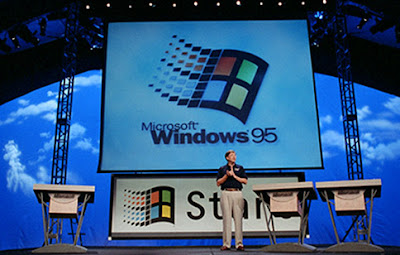Spanish Judge Baltasar Garzon at Palma de Mallorca's court, Spain, in this file photo.
MADRID: Crusading Spanish Judge Baltasar Garzon has asked the European Court of Human Rights to rule on a case brought against him over his probe into Franco-era crimes, said his legal team on Friday.
Judge Garzon is challenging his prosecution for abuse of power for launching an investigation into the disappearance of tens of thousands of people during Spain's 1936-39 civil war and General Francisco Franco's subsequent right-wing dictatorship.
“Judge Garzon today filed a case to the European Court of Human Rights challenging the lawfulness of his prosecution in Spain for having opened an investigation into crimes committed during the Franco era,” said his legal team in a statement.
The action follows “a request by families and representatives of victims of the regime,” said the statement from International Centre for the Legal Protection of Human Rights (Interights), a London-based NGO which is representing him.
A spokesman for the Strasbourg-based European Court of Human Rights said it had received the request by fax and would decide whether to accept it or not, a process which could take several weeks.
The case against Judge Garzon followed a complaint by far-right groups who claim the probe violated an amnesty law passed in 1977, two years after Franco's death, for crimes committed under the general's rule.
The judge, best known for his attempt to extradite former Chilean dictator Augusto Pinochet from Britain for human rights abuses in 1998, had argued that the Franco-era disappearances constituted crimes against humanity and were therefore not covered by the amnesty.
If convicted he would not go to prison but could be suspended for up to 20 years, effectively ending his domestic career.
Judge Garzon was suspended from his post in May last year pending his trial, which has yet to start. He later accepted a temporary post at the International Criminal Court in The Hague.
“Judge Garzon's case represents a threat to the independence of judges and to their role in ensuring accountability for alleged widespread and systematic crimes,” said Interights, in an English version of the statement originally
released in Spanish.
Criminal case
“In his case Judge Garzon alleges that the criminal case against him in Spain violates several of that country's obligations under the European Convention on Human Rights”. “These include the obligation to protect judicial independence generally, including protecting judges from unfounded criminal prosecutions as exemplified by this case.”
Helen Duffy, Interights' litigation director who is Judge Garzon's legal counsel before the European Court, described the case as an “anathema to justice”.
“It is surprising that a country with a strong commitment to the rule of law, which emerged from dictatorship decades ago, should respond to a leading judges investigation of Franco era crimes in this way,” she said.
The case is one of three involving Judge Garzon in Spain.
He was also placed under judicial investigation in October for having allegedly ordered illegal wiretaps during a probe into corruption involving the main
opposition party.
The third case involves suspected bribery over payments he allegedly received for seminars in New York.
But the judge has drawn support from leading Spanish actors and writers as well as international jurists.
Judge Garzon (55) also indicted Osama bin Laden in 2003 over the September 11, 2001 attacks in the United States and looked into the deaths of Spaniards in Argentina during the military regime of 1976-83, under the principle of “universal jurisdiction.”
Universal jurisdiction holds that heinous crimes like torture or terrorism can be tried in Spain even if they had no link to the country.






















